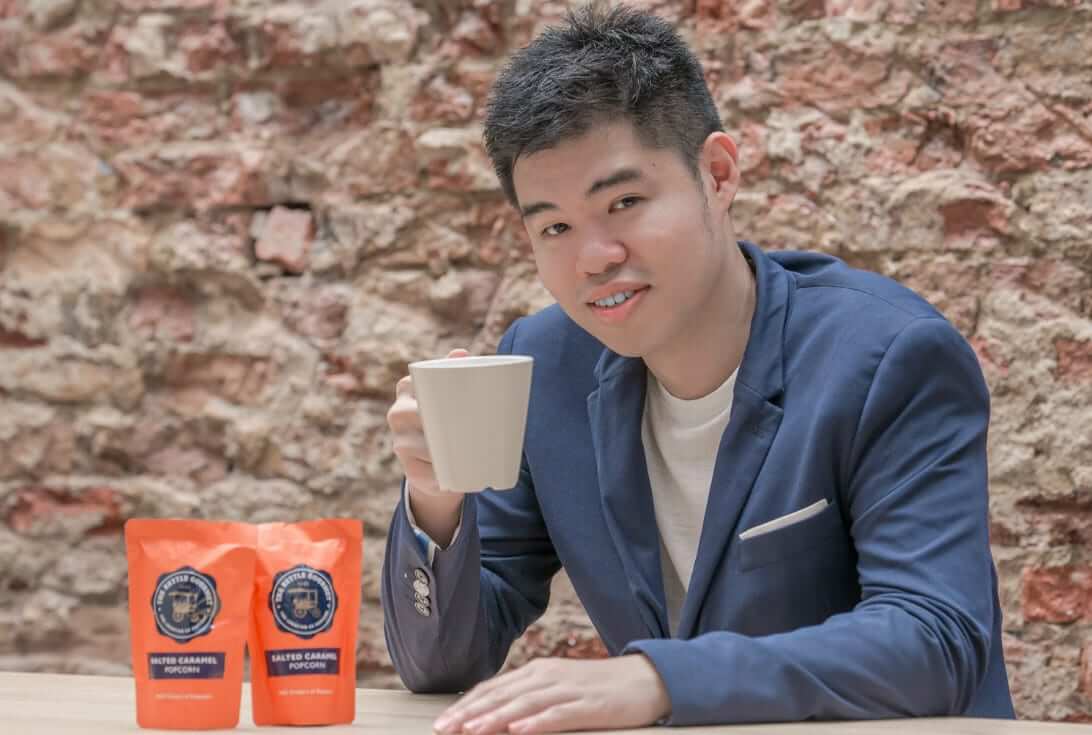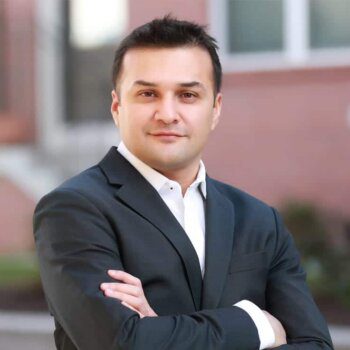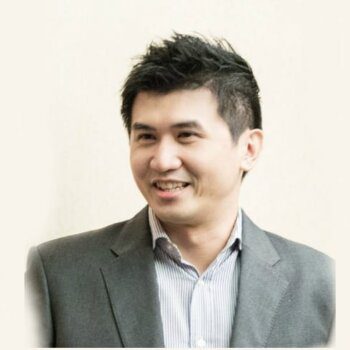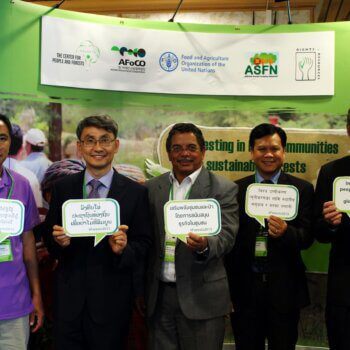Zac Chua’s popcorn business validated itself straight away and fast tracked him to the startup world. Zac now employs 11 people and shifts 500 bags of popcorn daily.
What’s your story?
It’s a crazy one. It was an accidental startup. If you think about it, no university graduate would ever dream of becoming a popcorn seller. We crashed our first tech event to validate our idea and it took off from there. I bought a logo for $7 from a designers marketplace, printed some cheap name cards, and built a 1 page landing page. Sales started pouring in and eventually, we were serving B2B clients (corporate pantries) and we have never looked back. Today we move about 500 bags daily, we have 11 employees and we are growing. Talk about a validation that worked in our favour.
What excites you most about your industry?
It’s food! Everybody loves food! In Singapore the F&B scene is brutally competitive and it spurs me on to fight and compete for market share and to prove to myself that I can do it. It keeps me going and I won’t stop until we become the market leader.
What’s your connection to Asia?
I was born in Singapore, and have traveled to most of Southeast Asia.
Favourite city in Asia for business and why?
Singapore! Even though Singapore has a high cost of living, the Government is actually very supportive of startups. They provide grants for us to tap into, and the technological infrastructure makes it possible for us to compete on a global scale. I believe if you can succeed in your business in Singapore, you can succeed in most of Southeast Asia.
What’s the best piece of advice you ever received?
You only need to be right once, and the rest is history.
Who inspires you?
My father, who was a VC. In fact he was the one who gave me the best piece of advice which I shared above. Having one successful exit, he showed me that it’s okay to fail a million times – all it takes is just one time for you to win in business and in life.
What have you just learnt recently that blew you away?
The power of compounding.
- Mary and John are the same age.
- Mary saves $2k annually from the age of 19-25 – so she puts $14k into her portfolio
- John saves $2k annually from the age of 26-65 – so he puts $80k into his portfolio, but 7 years after Mary.
- If both are able to generate 10% per annum, who would have more at age 65?
- John of course! But how much more?
- Mary will have $944,641 whilst John will have $973,704
- Think about it! Mary puts in only $14k but John delays for 7 years and puts in $80k.
CRAZY RIGHT!?!?
If you had your time again, what would you do differently?
Nothing, my mistakes taught me how to become a better me. But if I really must choose, I’d say take more time to find the right business partner.
How do you unwind?
Poker, Mahjong and Dota 2.
Favourite Asian destination for relaxation? Why?
Vietnam! Things are cheap, people are warm and friendly, and their coffee fills up my life. I would love to retire there if possible.
Everyone in business should read this book:
The richest man in Babylon
Shameless plug for your business:
We don’t need a plug. Just try our competitors and you’ll understand why!
How can people connect with you?
Facebook: https://www.facebook.com/chuazongyou
LinkedIn: https://www.linkedin.com/in/zacchua
—
This interview is part of the ‘Callum Connect’ series of more than 500 interviews
Callum Laing is an entrepreneur and investor based in Singapore. He has previously started,
built and sold half a dozen businesses and is now a Partner at Unity-Group Private Equity and Co-Founder of The Marketing Group PLC. He is the author two best selling books ‘Progressive Partnerships’ and ‘Agglomerate’.
Connect with Callum here:
twitter.com/laingcallum
linkedin.com/in/callumlaing
Download free copies of his books here: www.callumlaing.com
































